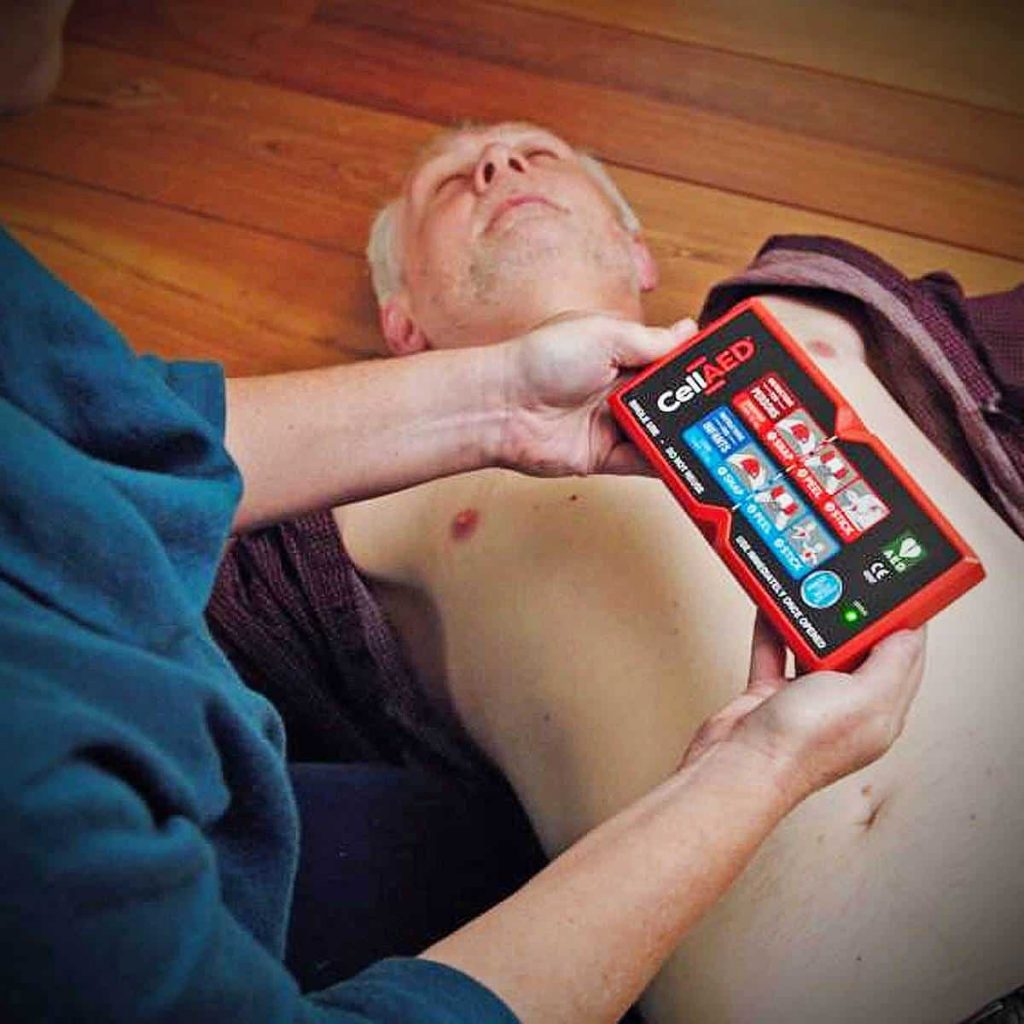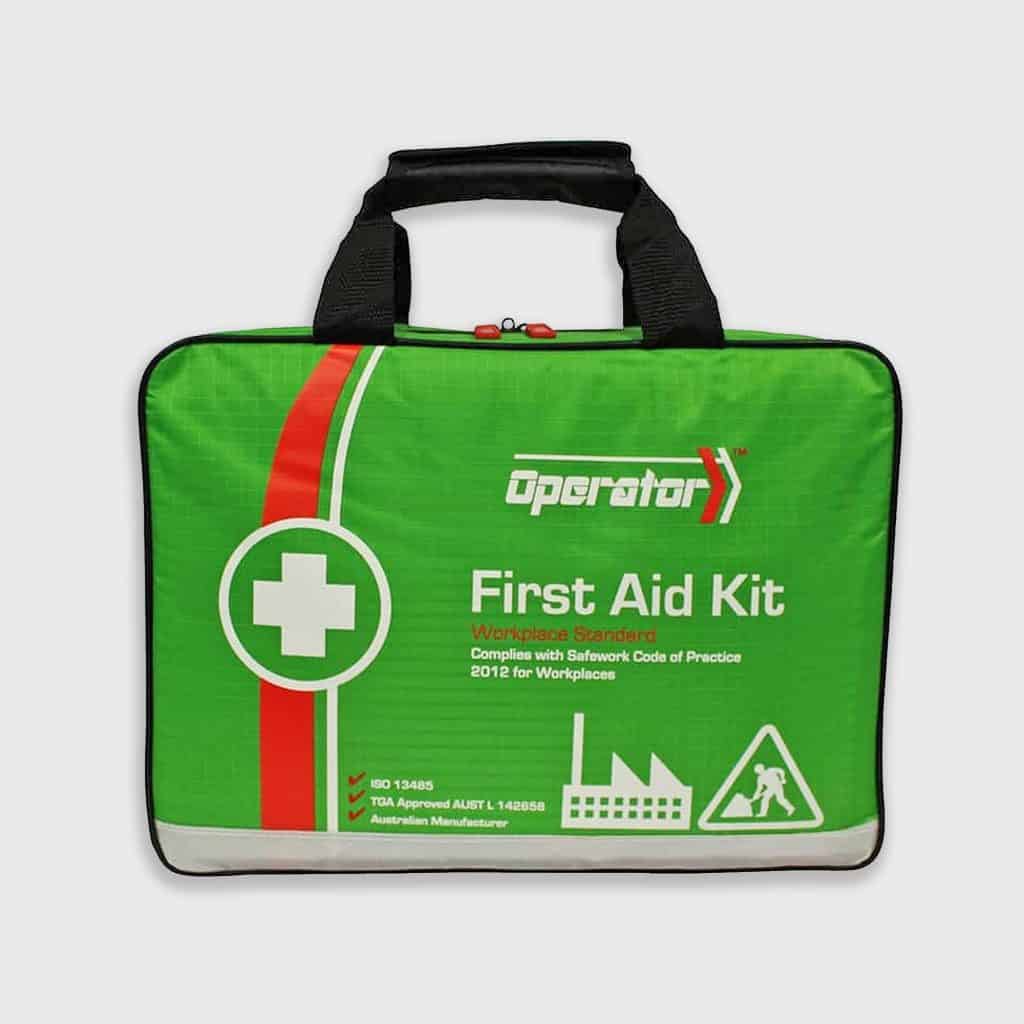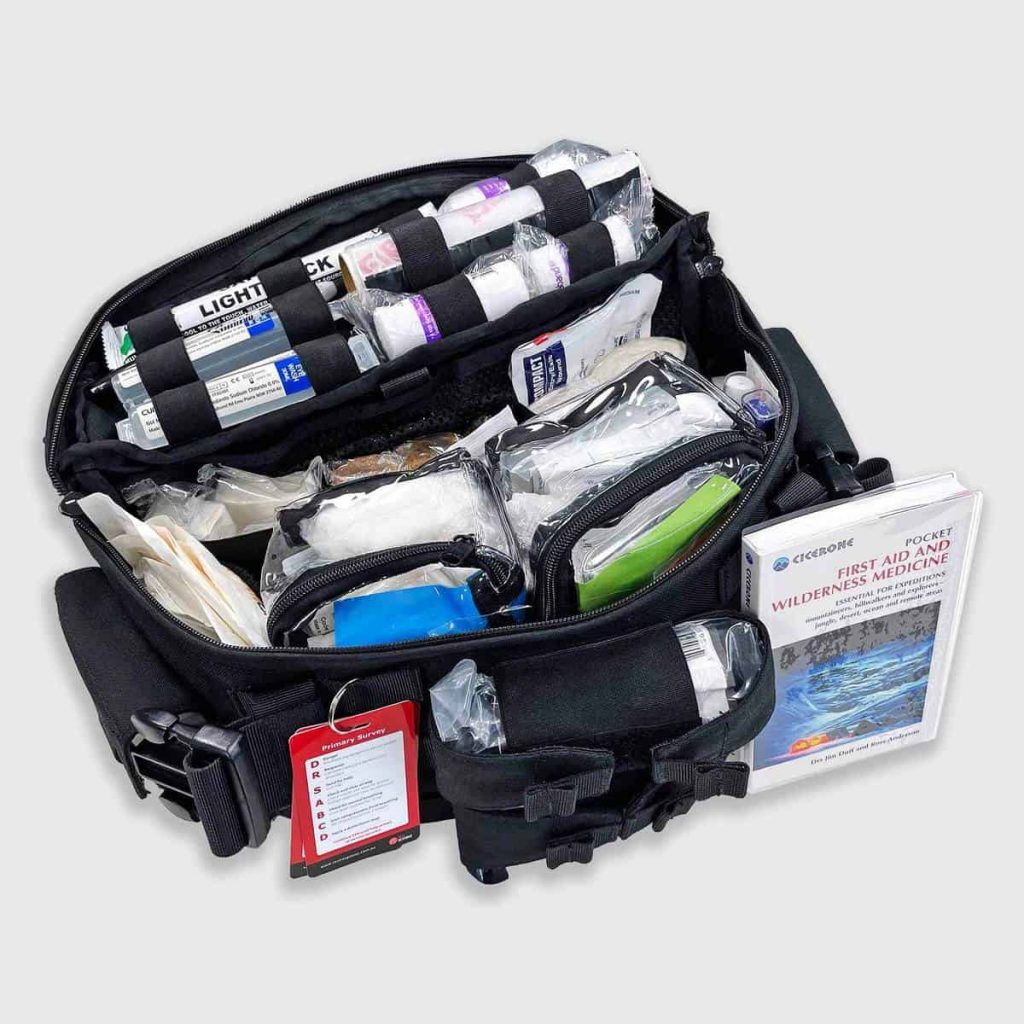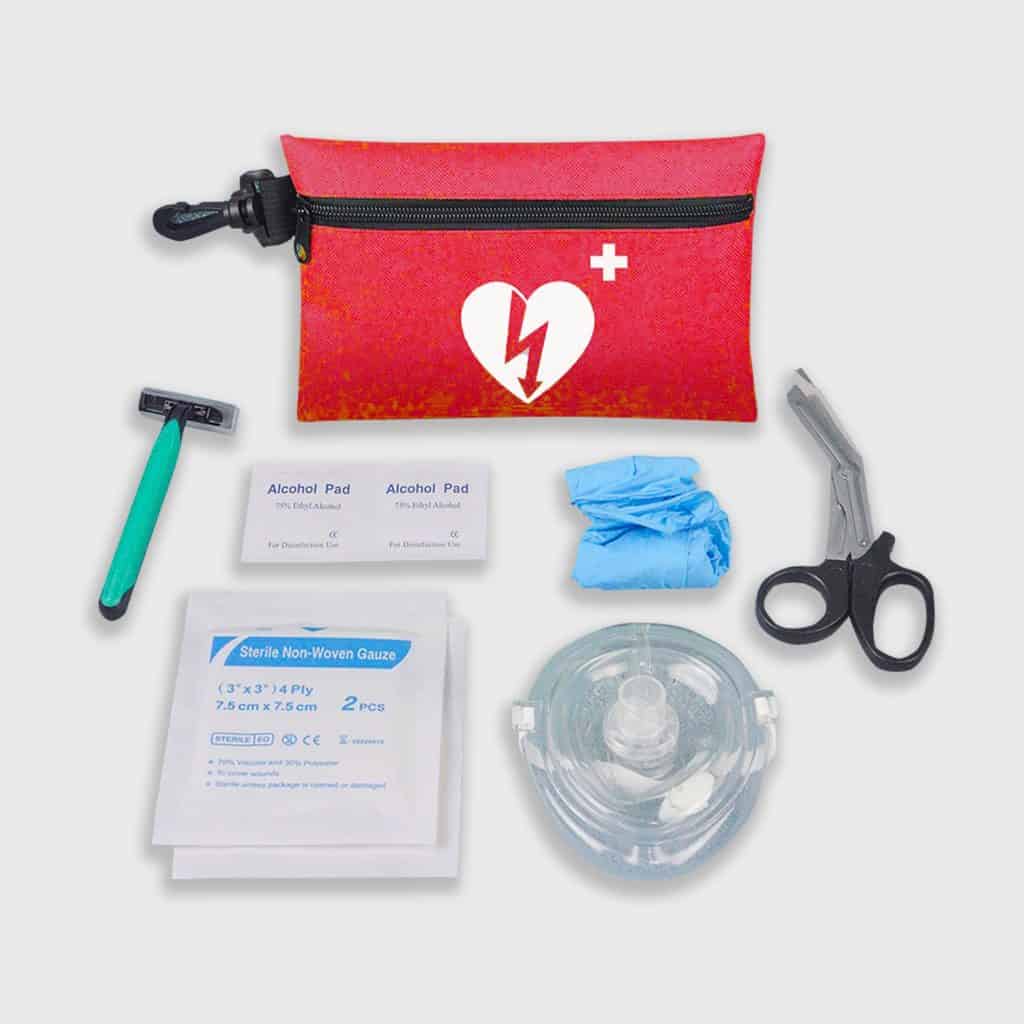The Progressive Advanced Skill Set (PASS) course is an extensive training program that integrates critical elements of first aid and emergency management. It encompasses HLTAID013 (Provide First Aid in Remote or Isolated Sites), HLTAID014 (Provide Advanced First Aid), HLTAID015 (Provide Advanced Resuscitation and Oxygen Therapy), HLTAID016 (Manage First Aid Services and Resources), and PUAEME008 (Provide Pain Management). This course is designed for individuals who aim to master a broad spectrum of advanced-level first aid and pain management skills, essential for high-risk and remote environments.




